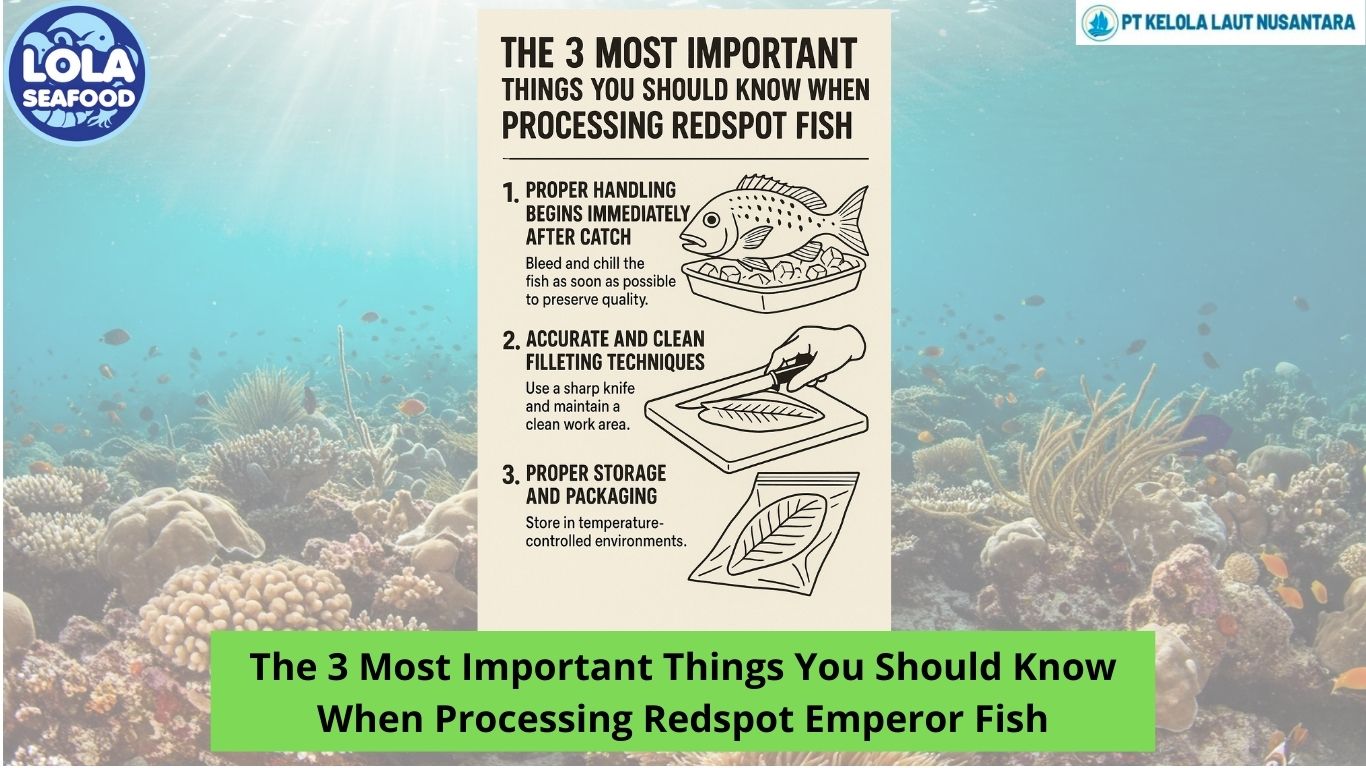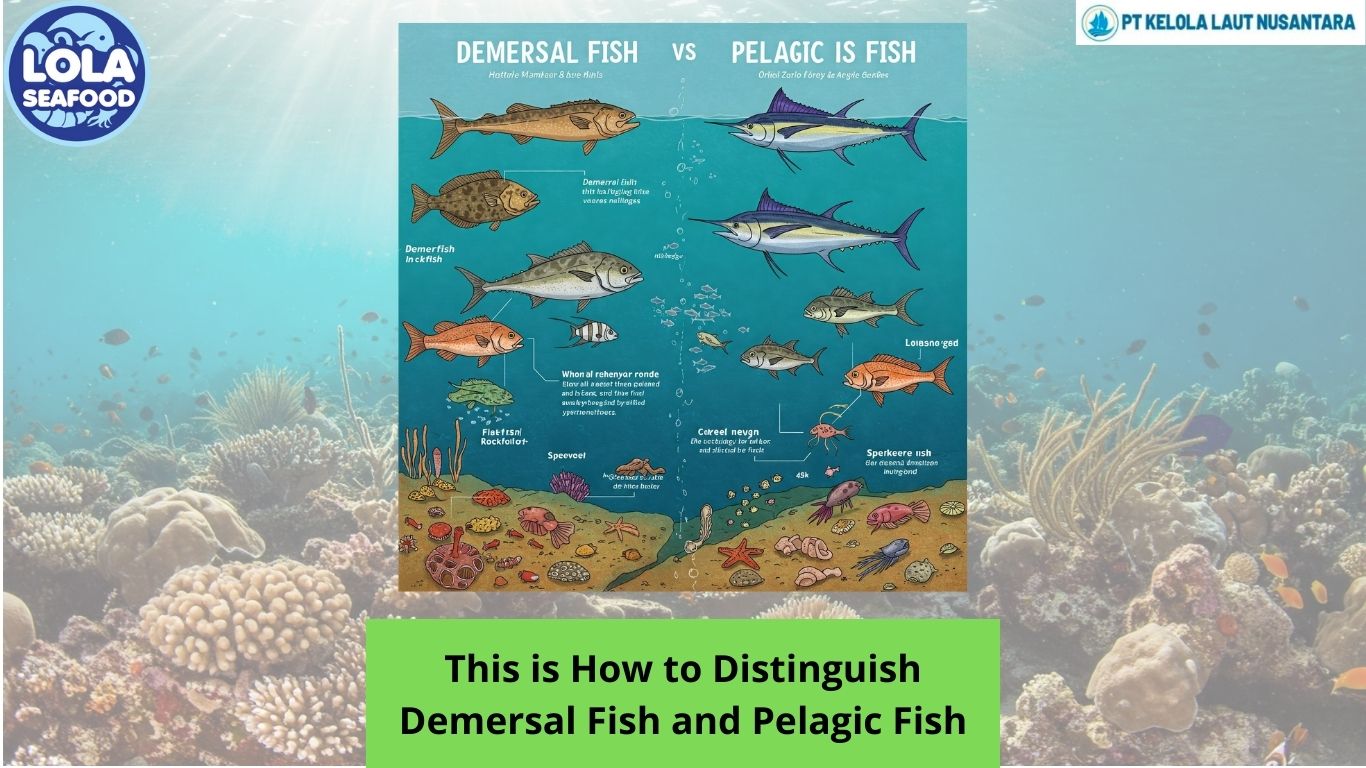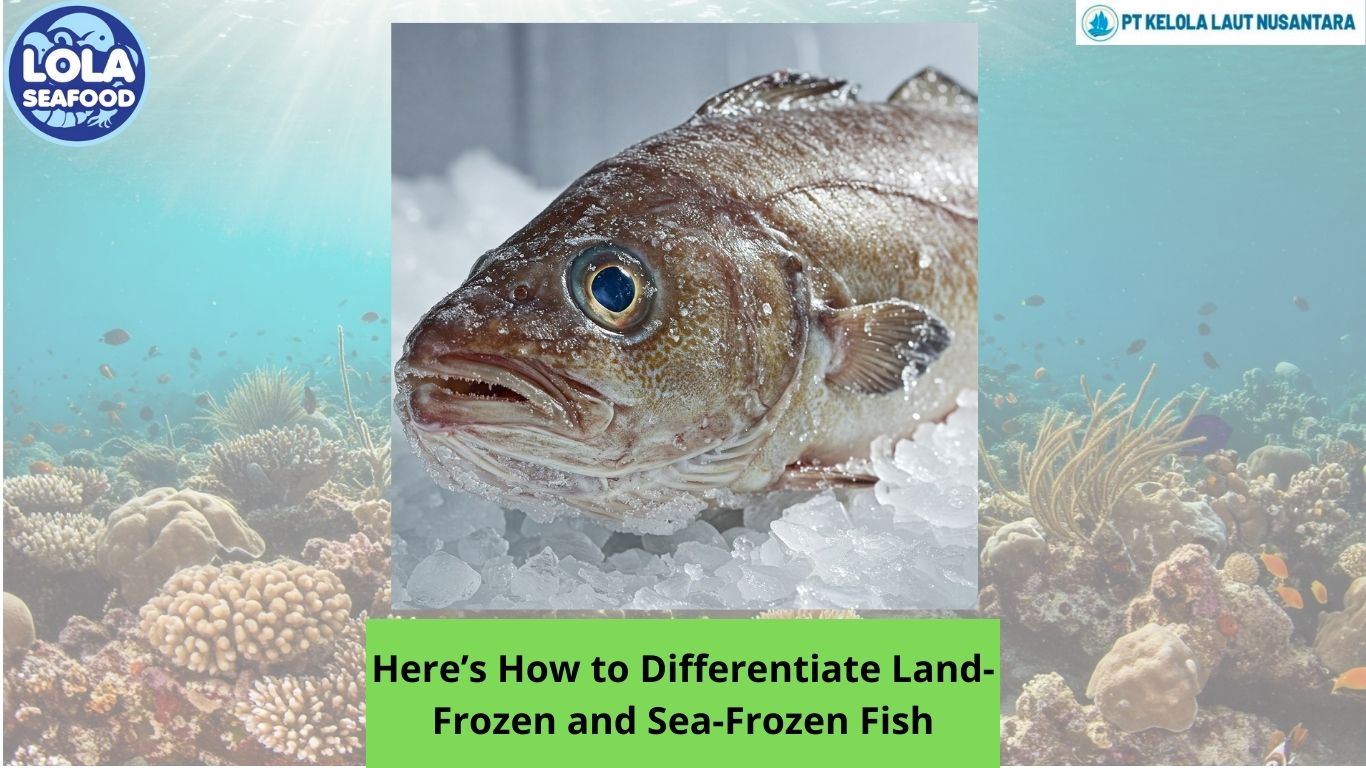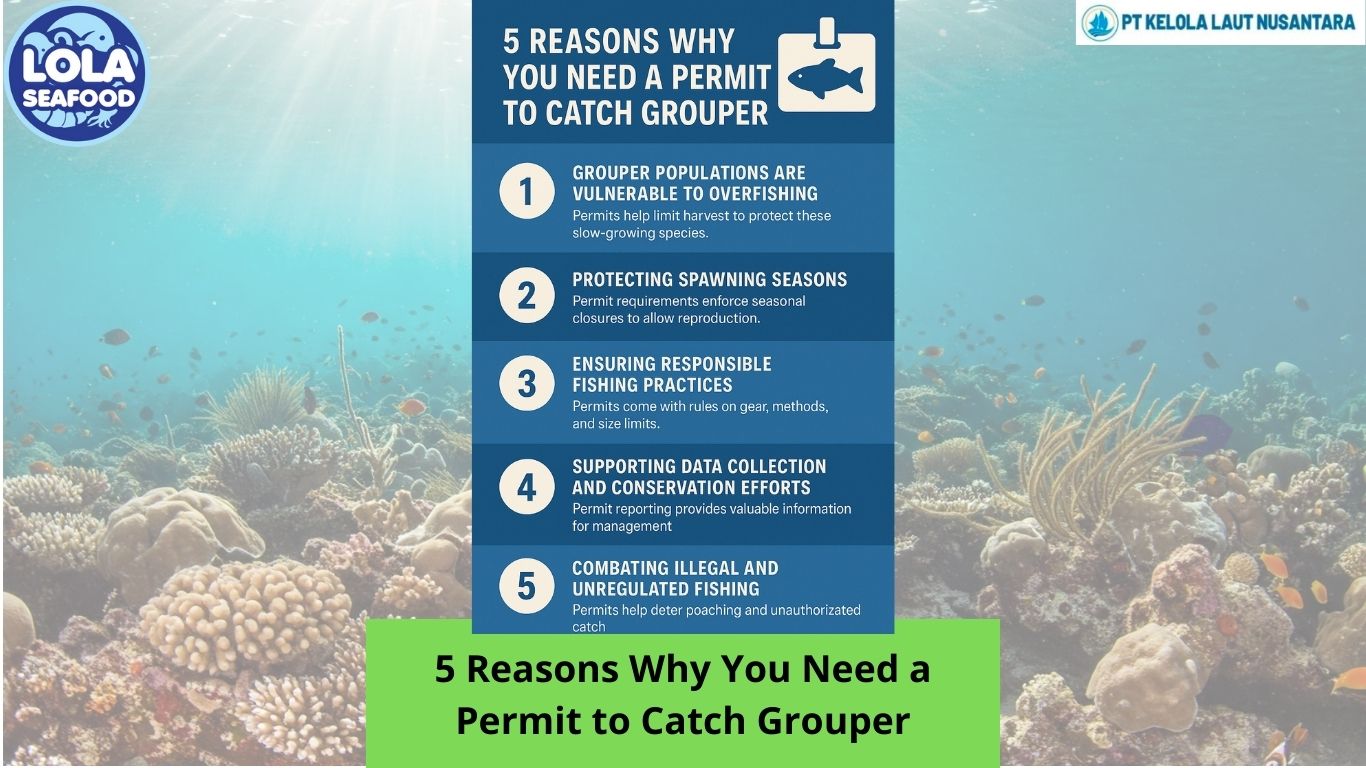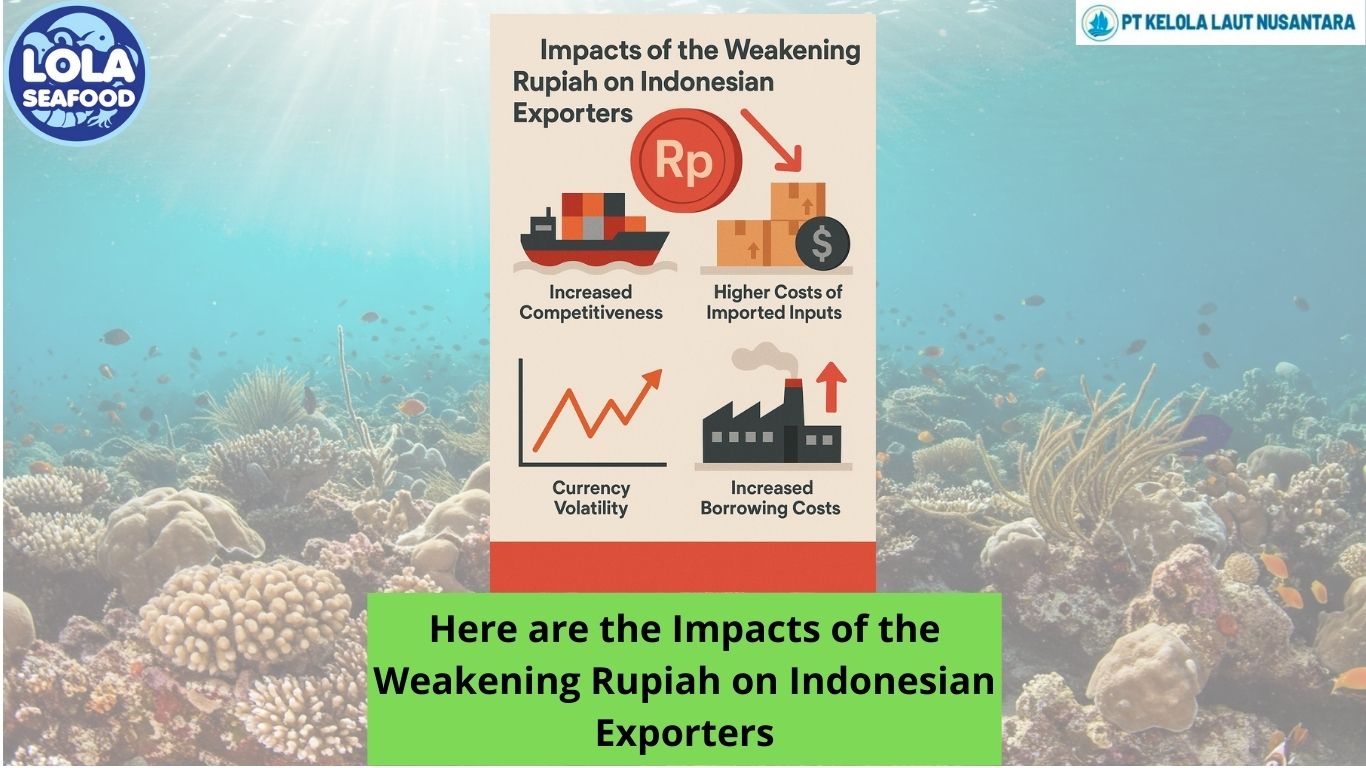Sustainable Fishing Practices Eco Friendly Seafood Solutions
By. Najih - 25 Sep 2024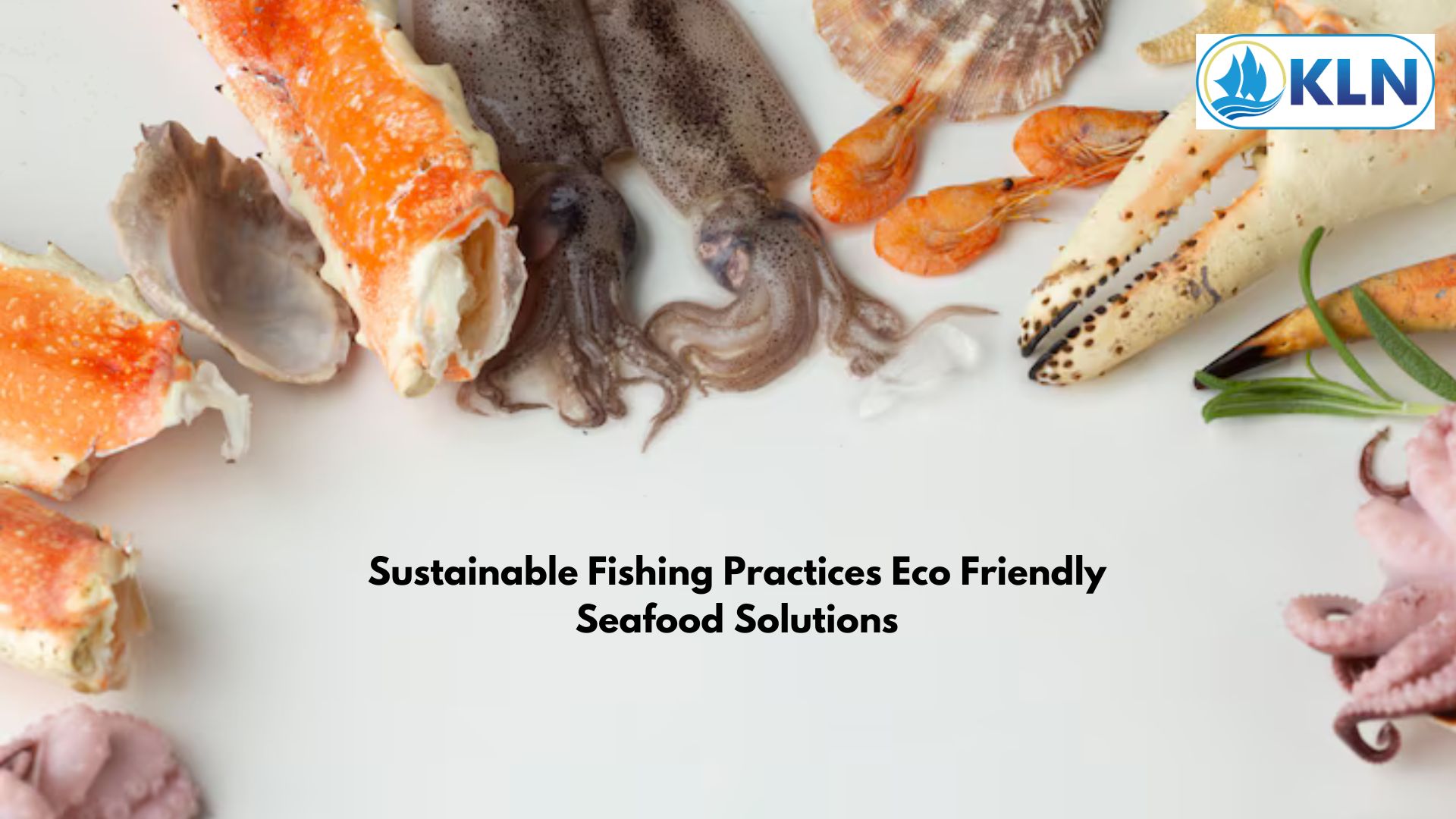
Sustainable fishing practices are essential for maintaining the health of our oceans and ensuring a stable food supply for future generations. As global demand for seafood continues to rise, it is crucial to adopt methods that protect marine ecosystems while providing eco friendly seafood solutions. This article explores the importance of sustainable fishing practices and their benefits for both the environment and communities reliant on fishing.
The Importance of Sustainable Fishing
The overexploitation of fish stocks has led to alarming declines in many species, with the Food and Agriculture Organization (FAO) reporting that over 35% of global fisheries are overfished or depleted. Sustainable fishing practices aim to balance the needs of current fishers with the necessity of preserving fish populations and their habitats. By employing responsible methods, we can ensure that fish stocks remain healthy and productive for years to come.
Key Sustainable Fishing Practices
1. Selective Fishing Methods
Sustainable fishing emphasizes the use of selective gear that minimizes bycatch the unintentional capture of non target species. Techniques such as hook andline fishing and traps allow fishers to target specific species while reducing harm to other marine life.
2. Seasonal Closures and Quotas
Implementing seasonal closures during breeding periods allows fish populations to recover and reproduce. Additionally, setting catch limits helps prevent overfishing by ensuring that only a sustainable amount of fish is harvested each year.
3. Marine Protected Areas (MPAs)
Establishing MPAs provides safe havens for marine life, allowing ecosystems to thrive without human interference. These areas can help replenish fish stocks and maintain biodiversity, benefiting both the environment and the fishing communities that rely on these resources.
4. Aquaculture
Sustainable aquaculture practices can alleviate pressure on wild fish populations by providing an alternative source of seafood. Fish farming methods that prioritize environmental health and animal welfare contribute to a more sustainable seafood supply.
Benefits of Sustainable Fishing
Adopting sustainable fishing practices offers numerous benefits:
- Environmental Protection
By minimizing habitat destruction and preserving biodiversity, sustainable fishing contributes to healthier oceans.
- Economic Viability
Sustainable fisheries can enhance local economies by providing stable jobs and income for coastal communities reliant on fishing.
- Food Security
Ensuring a steady supply of seafood through responsible practices helps meet global food demands while protecting marine resources for future generations.
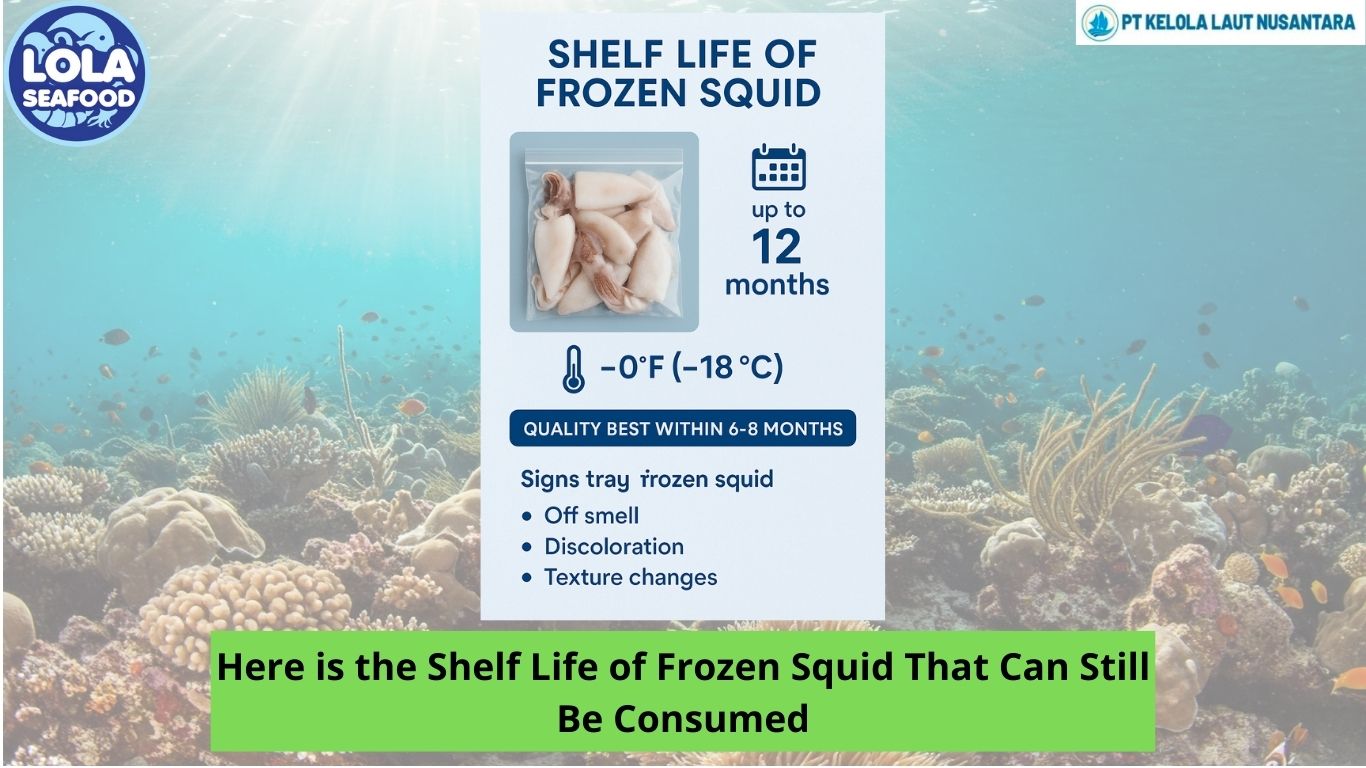
.jpg)
.jpg)
.jpg)
